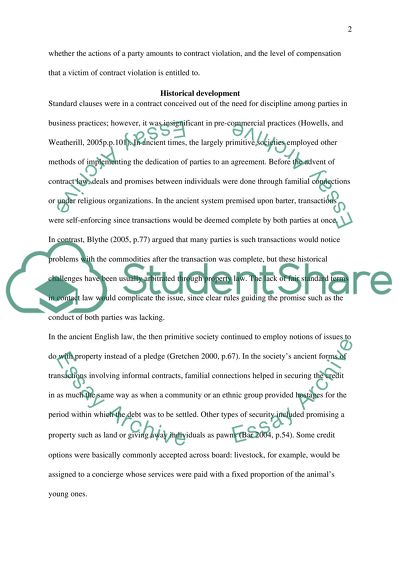Cite this document
(“It took a long time, but there is now a good standard of protection Essay”, n.d.)
It took a long time, but there is now a good standard of protection Essay. Retrieved from https://studentshare.org/law/1471334-ypit-took-a-long-time-but-there-is-now-a-good
It took a long time, but there is now a good standard of protection Essay. Retrieved from https://studentshare.org/law/1471334-ypit-took-a-long-time-but-there-is-now-a-good
(It Took a Long Time, But There Is Now a Good Standard of Protection Essay)
It Took a Long Time, But There Is Now a Good Standard of Protection Essay. https://studentshare.org/law/1471334-ypit-took-a-long-time-but-there-is-now-a-good.
It Took a Long Time, But There Is Now a Good Standard of Protection Essay. https://studentshare.org/law/1471334-ypit-took-a-long-time-but-there-is-now-a-good.
“It Took a Long Time, But There Is Now a Good Standard of Protection Essay”, n.d. https://studentshare.org/law/1471334-ypit-took-a-long-time-but-there-is-now-a-good.


